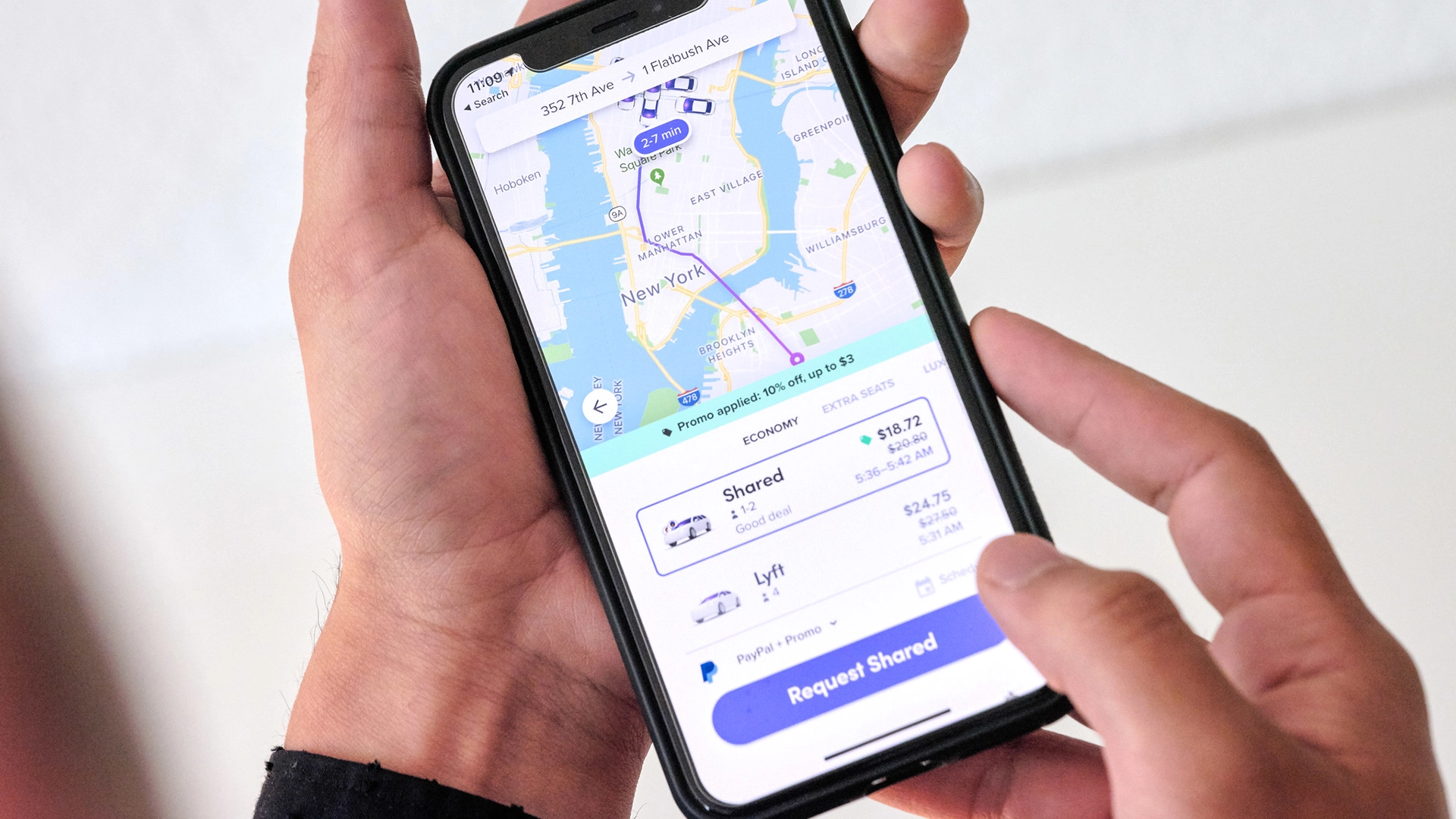
Image by Daniel Foster, from Flickr
Lyft Passenger Gets Mysterious Text Containing Recorded In-Ride Conversation
A Toronto woman received a transcript of her private Lyft conversation, raising serious questions about rider privacy and informed consent under Canadian law.
In a rush? Here are the quick facts:
- Woman received transcript of private Lyft ride conversation via unknown number.
- Lyft initially said recording was part of a pilot, later blamed driver.
- Privacy experts say the incident breaches Canada’s federal privacy law.
The woman described feeling stalked and unsafe after receiving a text message which repeated exactly what she had privately discussed with her roommates during their Lyft ride, as first reported by CBC.
Anvi Ahuja had just arrived home from an eight-minute trip on March 11 when she received the unexpected message from an unknown number. “I was like ‘who is taping me?’” she said. “The driver didn’t inform us that we could be recorded,” as reported by CBC.
When she called the number, she heard a standard-sounding Lyft message: “We can’t connect your call because your driver is not available right now.”
Ahuja contacted Lyft immediately. The representative of the company first explained that Lyft was conducting a new feature test. But a week later, Lyft changed its explanation, blaming the driver for recording her without consent and saying “proper actions” were taken, as reported by CBC.
“These ride-sharing apps are big companies and people have a lot of sensitive conversations within cabs and they feel like they’re secure,” Ahuja said, as reported by CBC. “To know that nothing — even beyond our app experience — in the real world is secure anymore is really freaky and uncomfortable to me.”
Lyft confirmed to CBC that it was conducting an in-app audio recording test in certain U.S. cities with strict opt-in rules, but stated that this case was not part of that program.
In a statement reported by CBC, Lyft said: “Safety is fundamental to Lyft… we will investigate and take action for violations.” The company later suggested the transcript might have been generated through a technical mishap involving masked phone numbers.
Privacy experts say this shouldn’t have happened. CBC reports that former Ontario privacy commissioner Ann Cavoukian called it “completely unacceptable,” adding: “Of course, you assume… conversations with people in the car [won’t be] taped and transcribed.”
According to Canadian privacy laws, companies must clearly inform and get consent from passengers before recording. “They would definitely need to obtain passengers’ meaningful consent,” said Anaïs Bussières McNicoll from the Canadian Civil Liberties Association.
“Even if I’m one of the very few people that experienced this,” Ahuja said, “I’m still concerned about what happens to our data and our privacy — which is a responsibility that Lyft has to its customers.”


 Previous Story
Previous Story

 Latest articles
Latest articles 

Leave a Comment
Cancel